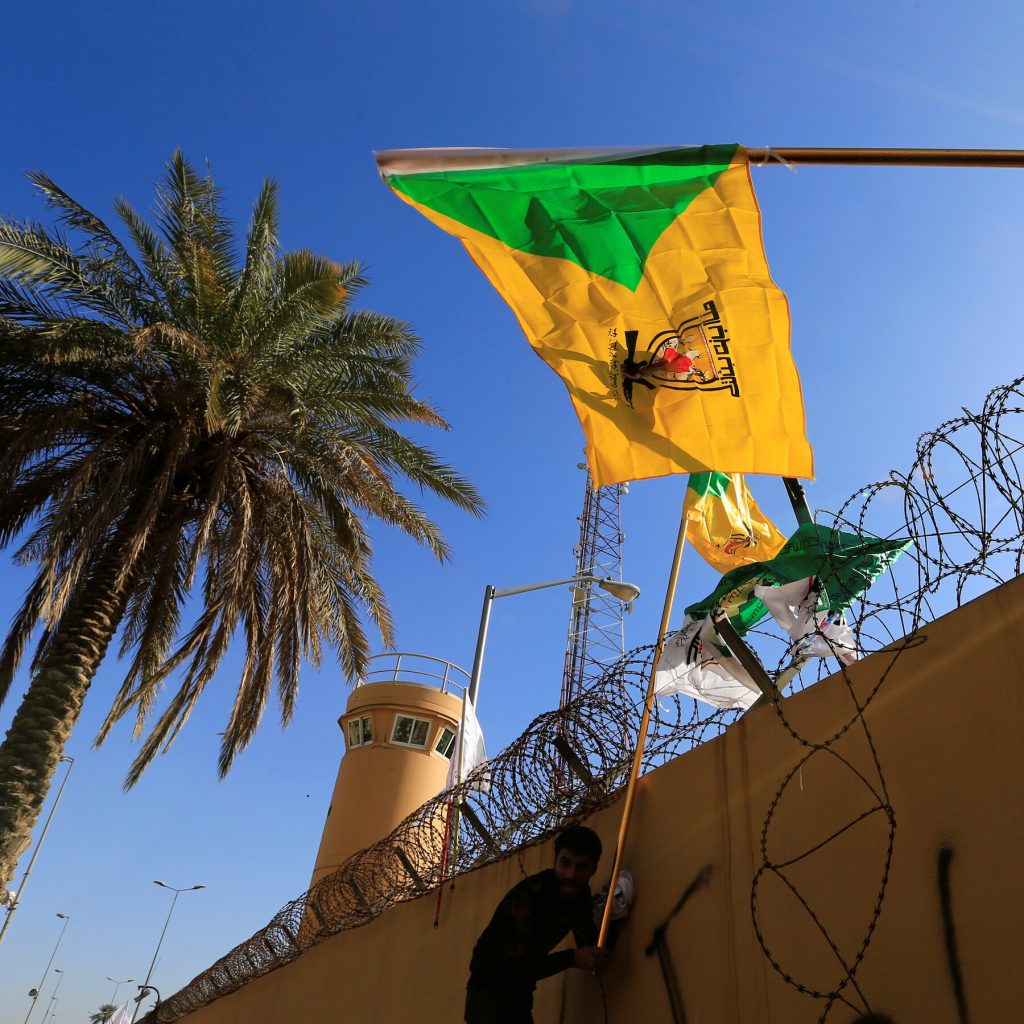How Pakistan’s Spending Blitz Won Over Trump and Shifted U.S. Policy
Strategic lobbying meets high‑profile spending
In recent months, Pakistan has embarked on an aggressive outreach campaign in Washington, hiring a network of lobbyists who boast close personal and professional ties to former President Donald Trump. This investment in influence has coincided with a series of policy adjustments that many observers say signal a tangible shift in U.S. attitudes toward Islamabad.
Financial incentives and tariff concessions
Beyond the hiring of lobbyists, Pakistan has leveraged its economic clout to secure favorable tariff treatment for a range of Pakistani exports, from textiles to agricultural products. These concessions have been welcomed by Pakistani manufacturers and have been highlighted by the lobbyists as proof of the campaign’s effectiveness.
Unique access on Capitol Hill
The lobbyists’ connections have opened doors that are typically off‑limits to foreign delegations. They have arranged private briefings with senior members of the Trump administration, facilitated meetings with key congressional committees, and even secured speaking slots at high‑profile policy forums. Such access has allowed Pakistan to present its strategic concerns directly to decision‑makers.
Impact on U.S. foreign policy
Analysts note that the combination of financial incentives, tariff relief, and personal access has led to a noticeable softening of U.S. rhetoric on issues ranging from counter‑terrorism cooperation to regional trade agreements. Critics argue that the approach blurs the line between legitimate diplomacy and “pay‑to‑play” politics, while supporters claim it reflects a pragmatic alignment of mutual interests.
Looking ahead
As the political landscape in Washington continues to evolve, the long‑term sustainability of Pakistan’s “spending blitz” remains uncertain. Nevertheless, the current episode underscores how targeted financial resources and well‑placed lobbyists can reshape foreign policy dynamics, especially when they intersect with the priorities of a president eager for quick wins.


